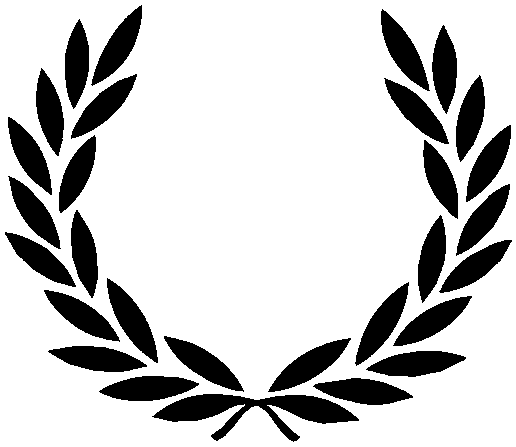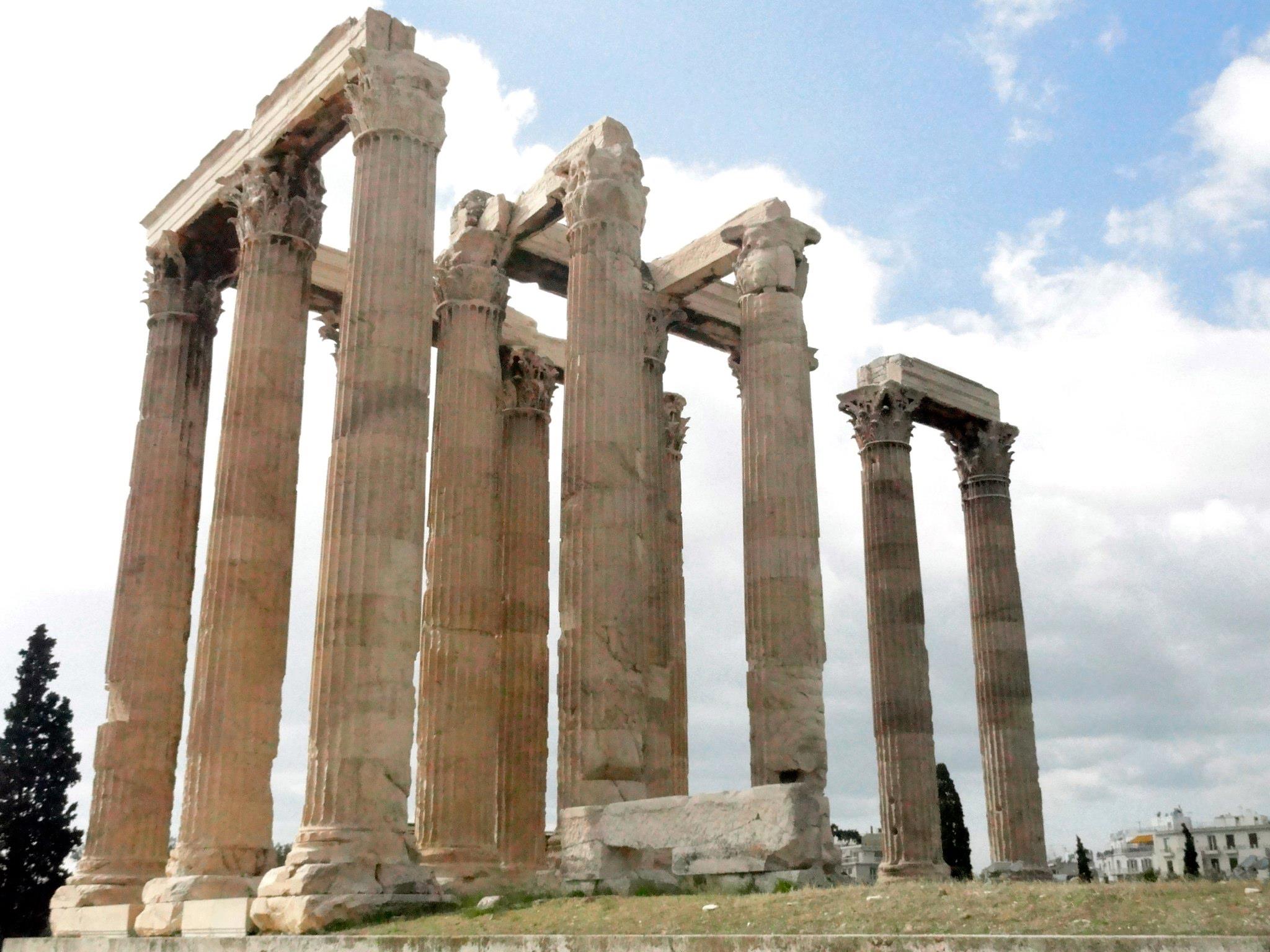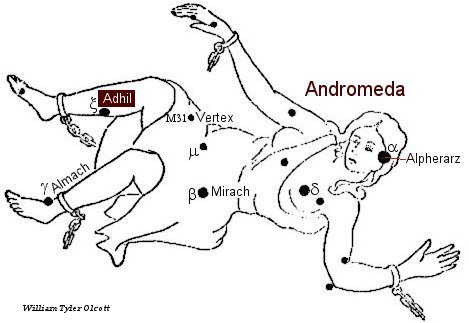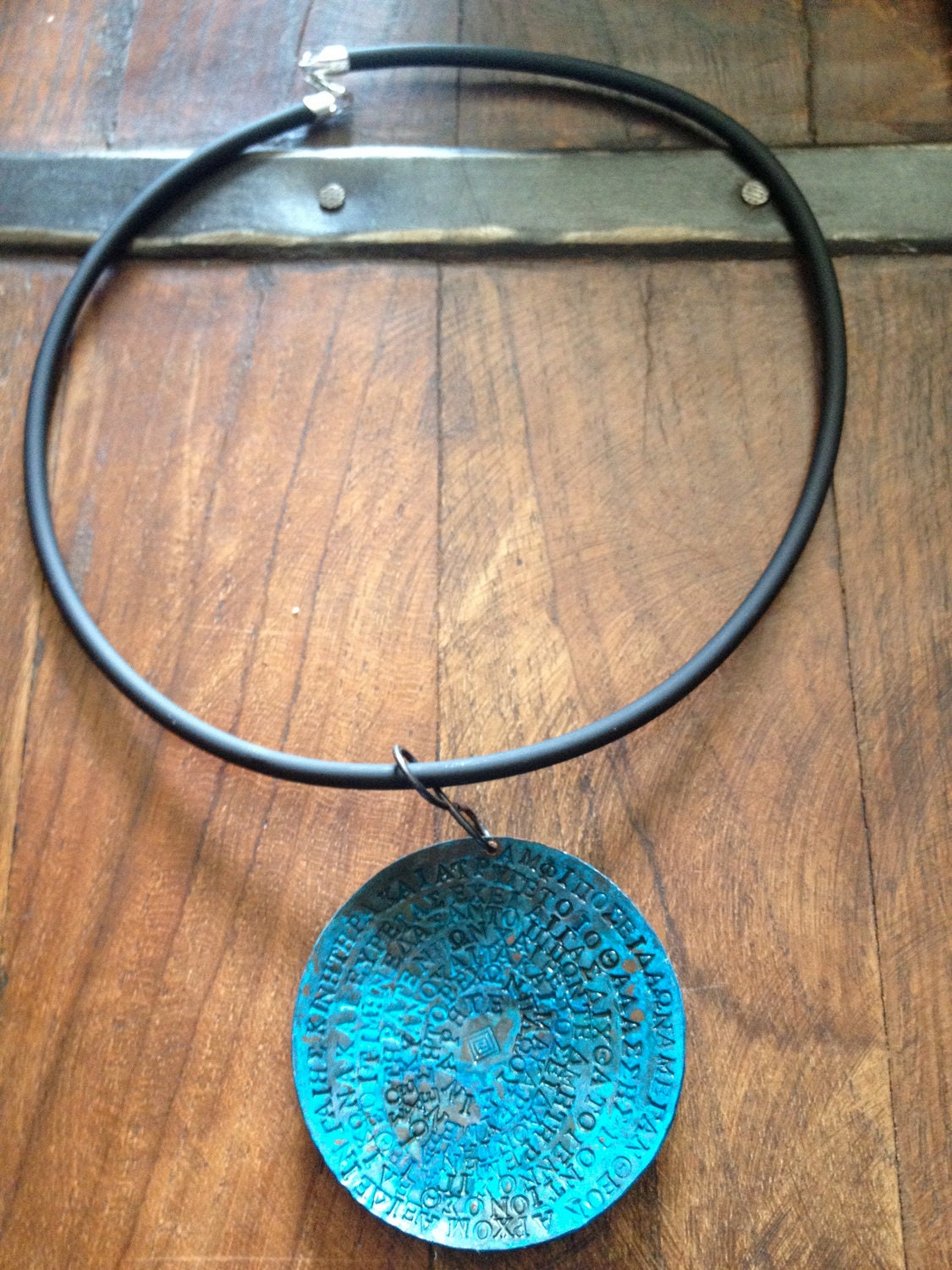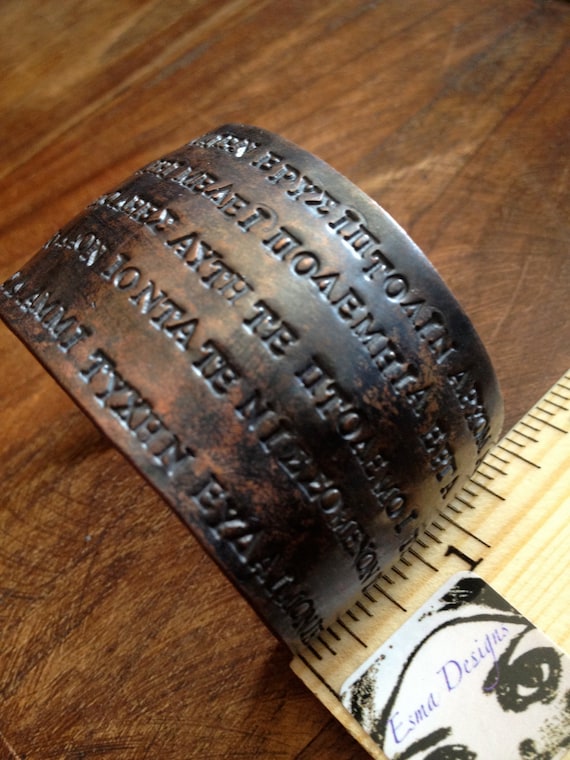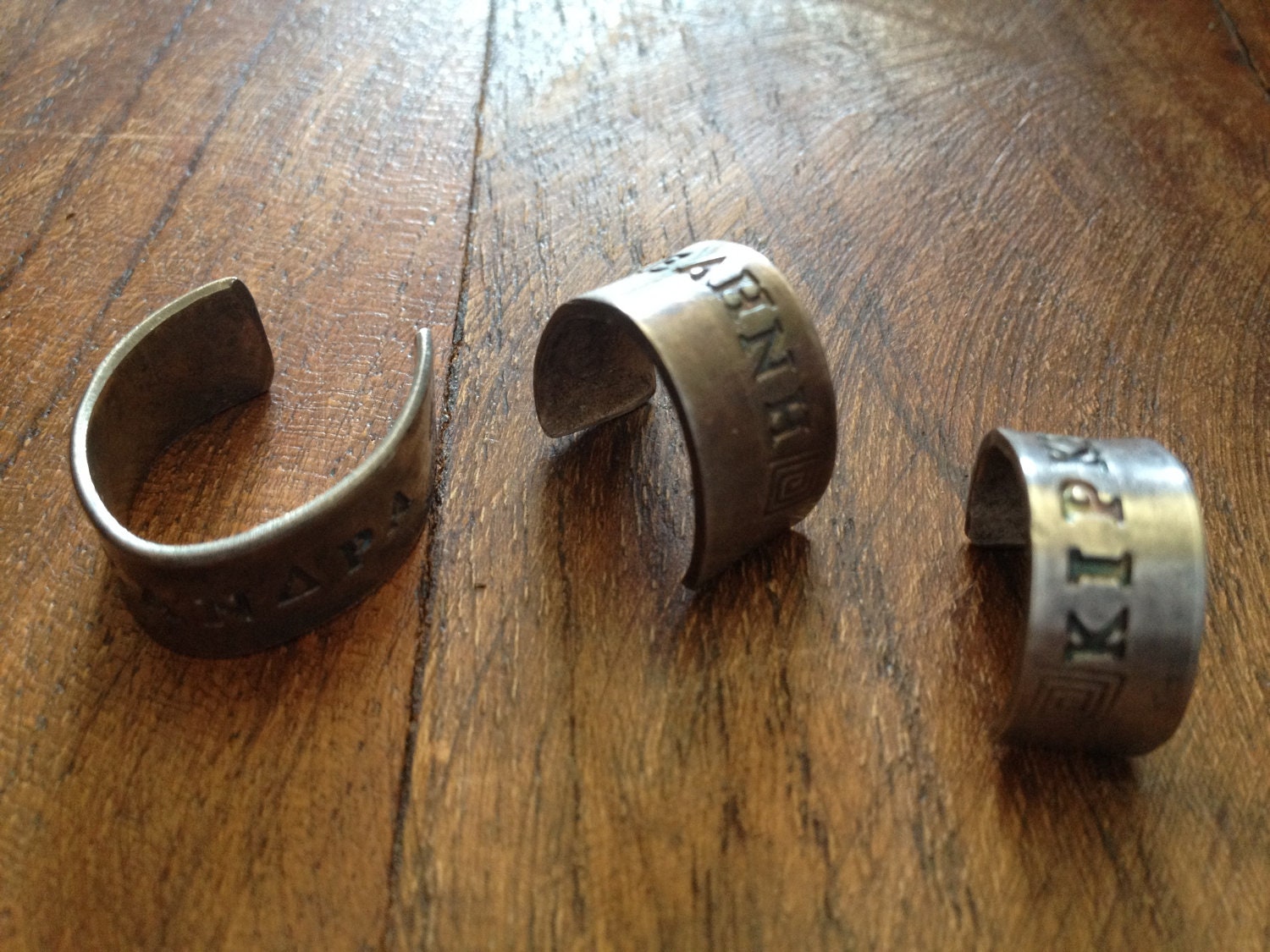Due to the Thesmophoria and the fasting for it, this post came a little late this week. Sorry about that. At any rate, I finished my fast without more than a headache and my girlfriend is very happy I'm eating again. All is well in the world. Plus, I get to have my cheesecake today! Alright, on to the actual post.
A large part of my Hellenistic household worship consists of tending Hestia's flame. Back in ancient Hellas, most religious activities surrounding the household revolved around the central hearth, which was the physical manifestation of Hestia. The male head of household, the kurios, presented slaves, children and his new wife to the heart fire so they became part of the oikos and fell under the protection of Hestia and the other household Gods.
While Hestia has little mythology to Her name, Her worship was a vital part of ancient Hellenic religion. For one, Her flame connected every single Hellenic oikos to each other and the state. All the household fires were lit with a flame from the prytaneion (Πρυτανεῖον), the structure where state officials met and where the city kept a fire for Hestia burning day and night. Every single heart fire in the city or town was linked to that central one, and that central fire was linked to the city from where the settlers of the new village, town or city came. This network of fires, which were never allowed to go out, brought all Hellens together.
Hestia is a very female-oriented Goddess. Caring for the household was a task solely intended for women and it is because of this, very few stories about Hestia were made or recorded; the male-dominated culture cared little for Her. Yet, it was also the kurios who traveled to the prytaneion for a bit of Hestia's fire when the fire within the oikos flamed out.
Personally, I keep a flame burning on my main shrine for Hestia at all times. I keep a live flame when I'm home and awake, and an electrical one when I'm out or asleep. I would love to keep a live flame at all times, but I don't exactly have a stone building to keep it in. That one's going to have to wait a few years or so. From this flame, I light the candles in my home, and the sacrificial fire I burn twice a day and on festivals.
I truly feel that tending a flame for Hestia should be a vital part of every Hellenistic's practice. A bold statement, I know, but there is so much ancient Hellenic foundation for it that it's hard to ignore. In fact, when Hellenismos gets bigger and starts forming communities, there should be a prytaneion at its center, with a fire being continuously kept.
Hestia's fire is a great way to form a community, to come together and rejoice in the Hellenic faith. When I look at mine, I envision Hestia's fire being tended to around the world, and feel just a bit closer to Her and other Hellenic practitioners. I truly hope tending Hestia's fire is something you'll consider adopting into your own practice, if you haven't done so already.
A large part of my Hellenistic household worship consists of tending Hestia's flame. Back in ancient Hellas, most religious activities surrounding the household revolved around the central hearth, which was the physical manifestation of Hestia. The male head of household, the kurios, presented slaves, children and his new wife to the heart fire so they became part of the oikos and fell under the protection of Hestia and the other household Gods.
While Hestia has little mythology to Her name, Her worship was a vital part of ancient Hellenic religion. For one, Her flame connected every single Hellenic oikos to each other and the state. All the household fires were lit with a flame from the prytaneion (Πρυτανεῖον), the structure where state officials met and where the city kept a fire for Hestia burning day and night. Every single heart fire in the city or town was linked to that central one, and that central fire was linked to the city from where the settlers of the new village, town or city came. This network of fires, which were never allowed to go out, brought all Hellens together.
Hestia is a very female-oriented Goddess. Caring for the household was a task solely intended for women and it is because of this, very few stories about Hestia were made or recorded; the male-dominated culture cared little for Her. Yet, it was also the kurios who traveled to the prytaneion for a bit of Hestia's fire when the fire within the oikos flamed out.
Personally, I keep a flame burning on my main shrine for Hestia at all times. I keep a live flame when I'm home and awake, and an electrical one when I'm out or asleep. I would love to keep a live flame at all times, but I don't exactly have a stone building to keep it in. That one's going to have to wait a few years or so. From this flame, I light the candles in my home, and the sacrificial fire I burn twice a day and on festivals.
I truly feel that tending a flame for Hestia should be a vital part of every Hellenistic's practice. A bold statement, I know, but there is so much ancient Hellenic foundation for it that it's hard to ignore. In fact, when Hellenismos gets bigger and starts forming communities, there should be a prytaneion at its center, with a fire being continuously kept.
Hestia's fire is a great way to form a community, to come together and rejoice in the Hellenic faith. When I look at mine, I envision Hestia's fire being tended to around the world, and feel just a bit closer to Her and other Hellenic practitioners. I truly hope tending Hestia's fire is something you'll consider adopting into your own practice, if you haven't done so already.
-
Sunday, September 30, 2012
ancient Hellenic culture community Hellenismos 101 Hestia household worship Pagan Blog Project

